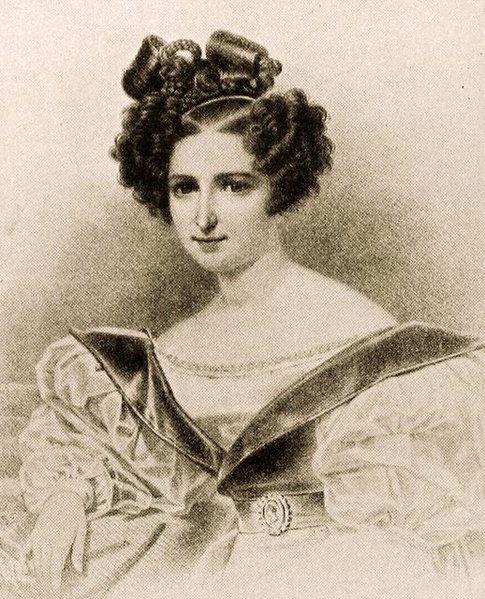Besides composing new music for Carl Friedrich Hensler’s renovated reopening of the Josephstadt Theatre, Beethoven also wrote Hensler a short Gratulations-Menuett (Congratulations Minuet) for a concert in his honor on 3 November 1822, the eve of his name day.
According to Barry Cooper, Beethoven lifted the theme of the Gratulations-Menuett from some sketches he had made for a last movement of an unfinished Tenth Symphony. (Beethoven, p. 323). Barry Cooper has reconstructed and completed this symphony’s first movement.
#Beethoven250 Day 329
Gratulations-Menuett (WoO 3), 1822
An orchestra based in Nagano, Japan must itself be congratulated for this rare live performance.
#Beethoven250 Day 329
Gratulations-Menuett (WoO 3), 1822
A student orchestra in Latvia takes on the challenge of playing Beethoven, but perhaps it’s the videographer who needs more practice.
The day of the performance of Beethoven’s Gratulations-Menuett was also the opening night for a new production of Fidelio. Starring as Leonore was the 18-year-old soprano Wilhelmine Schröder, whose Pamina had wooed audiences the year before.

Most of the rehearsals had been conducted by Michael Umlauf, but Beethoven wanted to conduct the dress rehearsal. Years later, Wilhelmine Schröder recalled:
Beethoven sat in the orchestra and waved his baton above the heads of us all, and I never had seen the man before!
At that time the Master’s physical ear already was deaf to all tone. With confusion written on his face, with a more than earthly enthusiasm in his eye, swinging his baton to and fro with violent motions, he stood in the midst of the playing musicians and did not hear a single note! When he thought they should play piano, he almost crept under the conductor’s desk, and when he wanted a forte, he leaped high into the air with the strangest gestures, uttering the weirdest sounds. With each succeeding number we grew more intimidated, and I felt as though I were gazing at one of Hoffmann’s fantastic figures which had popped up before me. It was unavoidable that the deaf Master should throw singers and orchestra into the greatest confusion and put them entirely off the beat until none knew where they were at. Of all this, however, Beethoven was entirely unconscious, and thus with the utmost difficulty we concluded a rehearsal with which he seemed entirely content, for he laid down his baton with a happy smile. (Beethoven: Impressions by His Contemporaries, pp. 130–1)